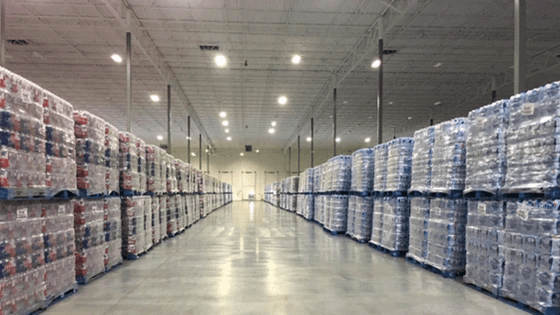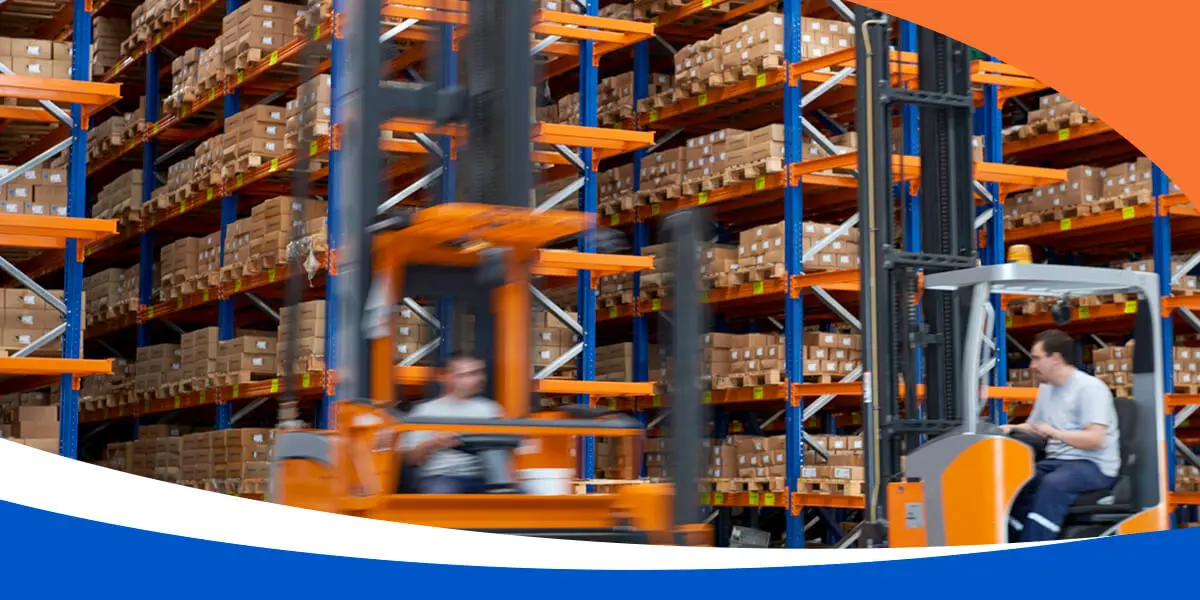


The last thing a growing company needs is limited warehouse space disrupting inventory management and delivery times.
Warehousing space is currently at a premium across the country, from industry fluctuations in product demand to companies increasing their stock levels to meet seasonal needs. Without the required space to store additional inventory, these operations must find the most practical and cost-effective solutions to remain competitive.
Warehouse management can be challenging, particularly for manufacturers and distribution companies with minimal space. Many logjams occur during seasonal spurts or when consumer demand shifts, meaning in-house adjustments to accommodate the overflows are sometimes impossible.
For companies depending on streamlined efficiency and just-in-time delivery, these issues can significantly impact an operation’s bottom line by slowing shipping speeds and increasing labor costs.
Some major areas that can create the most warehousing problems are:
For manufacturers and distributors contending with these problems — especially with the continued growth of the e-commerce market — there is a realistic, cost-effective solution.
One way businesses can work around limited warehouse space is to investigate off-site storage facilities. Third-party logistics providers (3PLs) like Keller Warehousing & Co-Packing, an affiliate of Keller Logistics Group, know how to utilize space optimally and maintain customer fulfillment levels by ensuring the supply chains remain uninterrupted.
3PLs can also offer short-term and flex space client agreements around seasonal sales, plus the ability to create dedicated warehouse space for those customers thinking long-term.
Here are the primary benefits of partnering with a reliable third-party service provider for warehouse solutions.
Third-party logistics companies can significantly reduce or even eliminate the need for new warehouse space, technology, transportation equipment, and labor, allowing you to focus on the responsibilities and opportunities that mean more to your operation.
A 3PL can also make businesses aware of supply chain mistakes that might be costly or risky. With the ability to forecast changes in the market, 3PLs help maintain optimal inventory levels to save on holding costs.
A reliable 3PL can adjust to your specific warehousing requirements, whether you need to scale up or down. These companies can offer the exact amount of space, labor, and transportation you need while easing the transition between industry upticks and seasonal fluctuations.
If you’re offering a new product or expanding into a new service area, your third-party logistics provider can provide helpful advice and insight. 3PLs can share their expertise in transport documentation, compliance requirements, Food and Drug Administration (FDA) requirements, and more. In addition, customers looking to expand into new regional markets can benefit from the support and experience of an established 3PL.
While the critical need for warehouse space can create problems for many companies, it can also mean excellent opportunities. The industry’s top 3PLs are upgrading their current space capacities and expanding to meet customer needs, creating many benefits for their customers as a result.
At Keller Warehousing & Co-Packing, we take great pride in our flexibility. Whether you require a short-term solution to meet seasonal demands or a long-term option to reduce space requirements, we can provide services that align with your business goals. We also offer co-packing and transportation services to handle all your requirements across the supply chain.
Contact us today to learn more about how our services can benefit your operation.